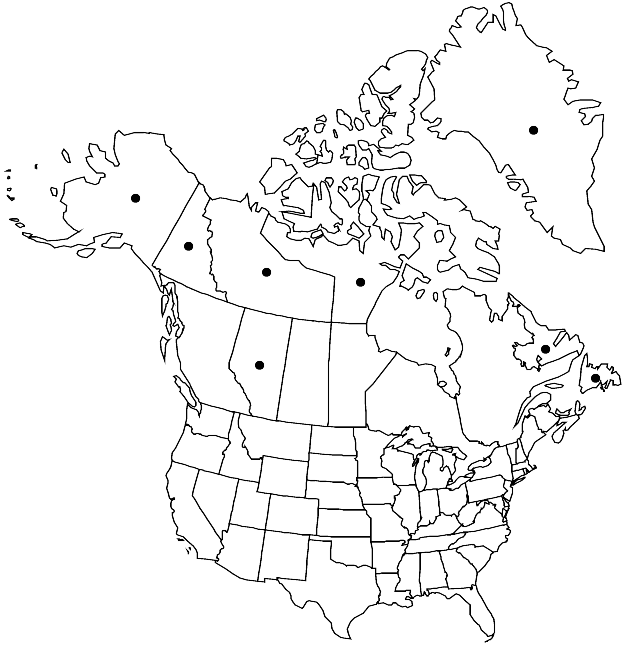Difference between revisions of "Rhizomnium andrewsianum"
Ann. Bot. Fenn. 5: 143. 1968.
imported>Volume Importer |
imported>Volume Importer |
||
| Line 52: | Line 52: | ||
|publication year=1968 | |publication year=1968 | ||
|special status= | |special status= | ||
| − | |source xml=https:// | + | |source xml=https://bitbucket.org/aafc-mbb/fna-data-curation/src/2e0870ddd59836b60bcf96646a41e87ea5a5943a/coarse_grained_fna_xml/V28/V28_380.xml |
|genus=Rhizomnium | |genus=Rhizomnium | ||
|species=Rhizomnium andrewsianum | |species=Rhizomnium andrewsianum | ||
Latest revision as of 21:35, 5 November 2020
Plants 1–3(–4) cm. Stems dark red to reddish brown or rarely black when old; micronemata absent. Leaves reddish, reddish brown, or sometimes yellow-green or with golden hue, slightly to moderately contorted when dry, orbicular, broadly elliptic, or occasionally obovate, (1–)1.8–2.4(–3.8) mm; margins reddish, brownish, or rarely green, 1-stratose; apex rounded or occasionally retuse, not apiculate; costa subpercurrent or rarely weakly percurrent; medial laminal cells short-elongate or sometimes ± isodiametric, 45–65(–80) µm, collenchymatous, walls pitted; marginal cells rhomboidal or rectangular, in 1–2(–3) rows. Sexual condition dioicous. Seta 1.5–2 cm. Capsule elliptic, 1.2–2 mm; operculum conic; exostome yellow, lamellae 18+. Spores 25–30 µm.
Phenology: Capsules mature summer.
Habitat: Wet areas (depressions) in tundra
Elevation: low elevations
Distribution

Greenland, Alta., Nfld. and Labr., N.W.T., Nunavut, Yukon, Alaska, Europe, Asia.
Discussion
Rhizomnium andrewsianum is characterized by diminutive plants with small, reddish to reddish brown, erect leaves, sometimes resembling species of leafy liverworts, especially when mixed with other mosses. The stems are often sinuate at maturity. The leaves are arched with the apex folded upwards towards the stem and margins reflexed when dry, and more or less erect along the stem when moist.
Selected References
None.